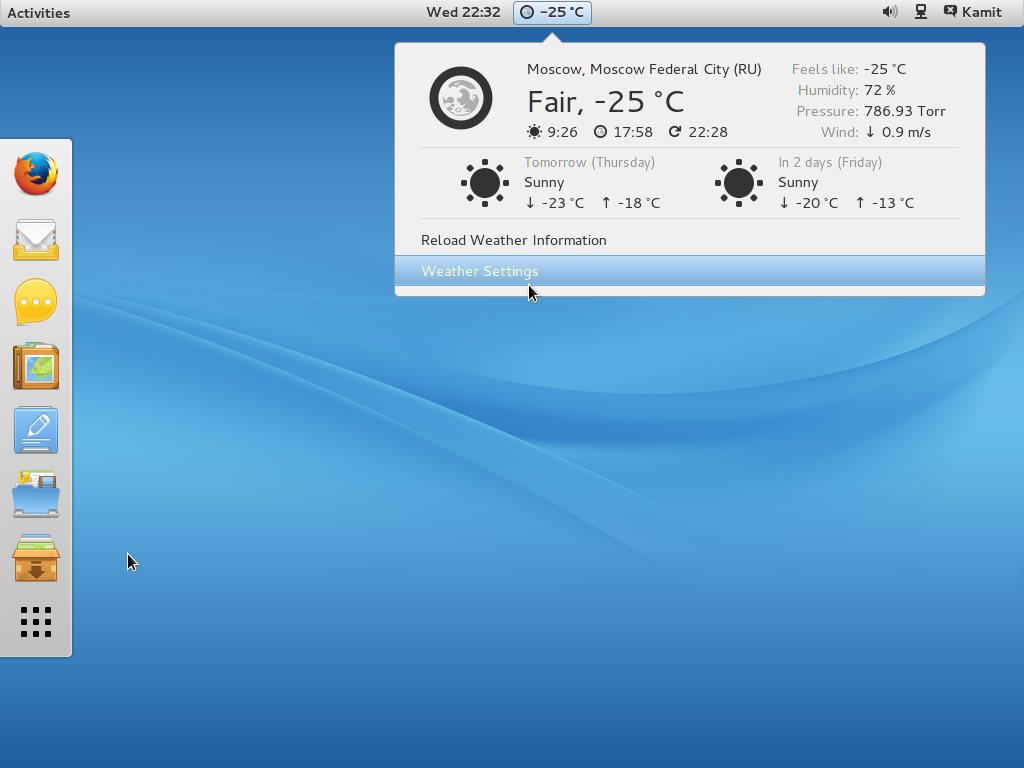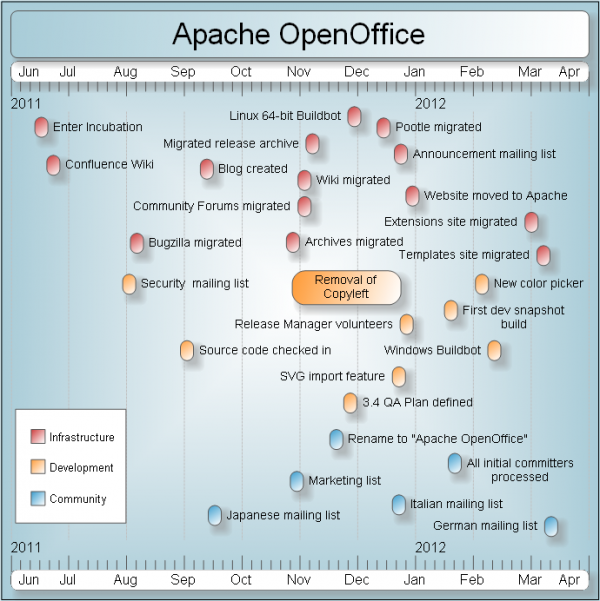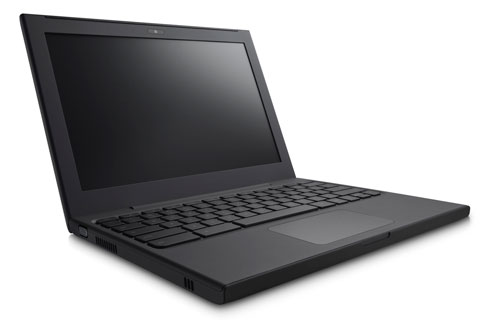Elation does not come close to describing what I am feeling right now. Euphoria does not even do it justice. Every cell in my being is in a state of extreme, joyful excitement as I speak (or write).
The source or cause of the joy is none other than the announcement from HP that webOS will be, in their own words, a “pure open source project.” Awesome! Did I see this coming? Yes, sir! Did I influence HP’s decision? Perhaps.
Ok, alright, that last one is a stretch, but back on August 19 2011, after HP had announced that it “will discontinue operations for webOS devices, specifically the TouchPad and webOS phones,” I suggested in a blog post (see what HP should do with webOS), that “to not let webOS be a failed distribution, here’s what I think HP should do with webOS – make it a free, Linux distribution, such that the relationship between it (HP) and webOS would be akin to that between Red Hat and Fedora, or Canonical and Ubuntu.”
And that, folks, is what exactly HP as decided to do. Specifically, HP said that “it will contribute the webOS software to the open source community” and it (HP) “will be an active participant and investor in the project.” Here is the complete announcement:
HP to enable creativity of the community to accelerate the next-generation web-centric platform
PALO ALTO, Calif., Dec. 9, 2011HP today announced it will contribute the webOS software to the open source community.
HP plans to continue to be active in the development and support of webOS. By combining the innovative webOS platform with the development power of the open source community, there is the opportunity to significantly improve applications and web services for the next generation of devices.
webOS offers a number of benefits to the entire ecosystem of web applications. For developers, applications can be easily built using standard web technologies. In addition, its single integrated stack offers multiplatform portability. For device manufacturers, it provides a single web-centric platform to run across multiple devices. As a result, the end user benefits from a fast, immersive user experience.
“webOS is the only platform designed from the ground up to be mobile, cloud-connected and scalable,” said Meg Whitman, HP president and chief executive officer. “By contributing this innovation, HP unleashes the creativity of the open source community to advance a new generation of applications and devices.”
HP will make the underlying code of webOS available under an open source license. Developers, partners, HP engineers and other hardware manufacturers can deliver ongoing enhancements and new versions into the marketplace.
HP will engage the open source community to help define the charter of the open source project under a set of operating principles:
- The goal of the project is to accelerate the open development of the webOS platform
- HP will be an active participant and investor in the project
- Good, transparent and inclusive governance to avoid fragmentation
- Software will be provided as a pure open source project
HP also will contribute ENYO, the application framework for webOS, to the community in the near future along with a plan for the remaining components of the user space.
Beginning today, developers and customers are invited to provide input and suggestions at http://developer.palm.com/blog/.
Since HP has invited more “input and suggestions,” here are just a couple:
- Since webOS’ “single integrated stack offers multiplatform portability,” it would be great if I can download and install webOS on my laptop tomorrow. Too soon? Ok, I will wait until next week. You get the picture, right?
- HP should resuscitate the TouchPad. Open sourcing it would not be a bad idea either. The open source community has many, good (open source) operating systems and distributions, but we have no control over the hardware they must be installed on. This is an opportunity for use to have a bumper-to-bumper control of a whole system.







